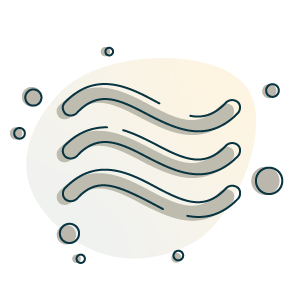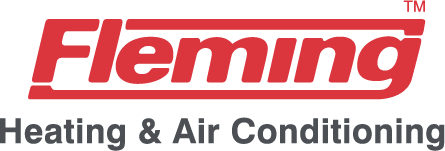A lot of homeowners only call for air conditioning repair when their system completely stops working. However, the truth is your air conditioner will often drop hints letting you know it’s in trouble before a complete breakdown that results in new AC installation. Noticing early problems and calling the experts at Fleming Heating & Air Conditioning Inc to address issues early can spare you the hassle and expense of a full AC system breakdown. More importantly, it can stop you from having to endure the uncomfortable feeling of having your AC fail on a hot day.
When you call us, our team of certified HVAC technicians will pinpoint what’s wrong, fix the problem and get your AC back on track. We have years of experience and provide high-quality, affordable AC service for local homeowners.
Why put off calling the pros until your cooling system quits? Skip all that hassle by calling 877-389-2465 today to schedule AC repair in South Beloit, IL, from Fleming Heating & Air Conditioning Inc.

How to Know if You Need AC Repair
Wondering if your air conditioner requires service? From unusual smells to warm air coming from the vents, there are many indicators that your cooling system has an issue and needs attention or service.
Here are some red flags that trouble may be around the corner and it’s time to call an HVAC technician from Fleming Heating & Air Conditioning Inc:

AC is blowing hot air
If hot air is flowing out of your AC unit instead of cool air, or if the air isn’t as cold as you’d like, it’s a wise decision to call us for professional cooling service.
Air conditioning frequently turns on and off
If your AC system starts and stops instead of running consistently, it could be a sign of several problems and should be evaluated by one of our certified HVAC technicians.


Cooling bills increase for no apparent reason
A sudden spike in your energy costs can be a signal your AC unit is losing efficiency, which means it uses more energy to keep your space comfortable and needs AC maintenance or repair.
Strange smells are coming from your air conditioner
Air conditioners shouldn’t produce odors. Unusual odors coming from your air conditioner should be checked by an expert, as they can be a red flag for issues like mold, mildew or even electrical issues.


AC starts making noises
If you hear odd noises when your AC system is running — banging, rattling or high-pitched whining, to name just a few — it’s important to call for professional HVAC service to get to the bottom of the issue.
Request Pro Air Conditioner Repair Now
When you require air conditioning service quickly, contact the HVAC repair experts at Fleming Heating & Air Conditioning Inc at 877-389-2465. We’ll quickly identify the problem when your equipment won’t work or provide enough chilled air.


